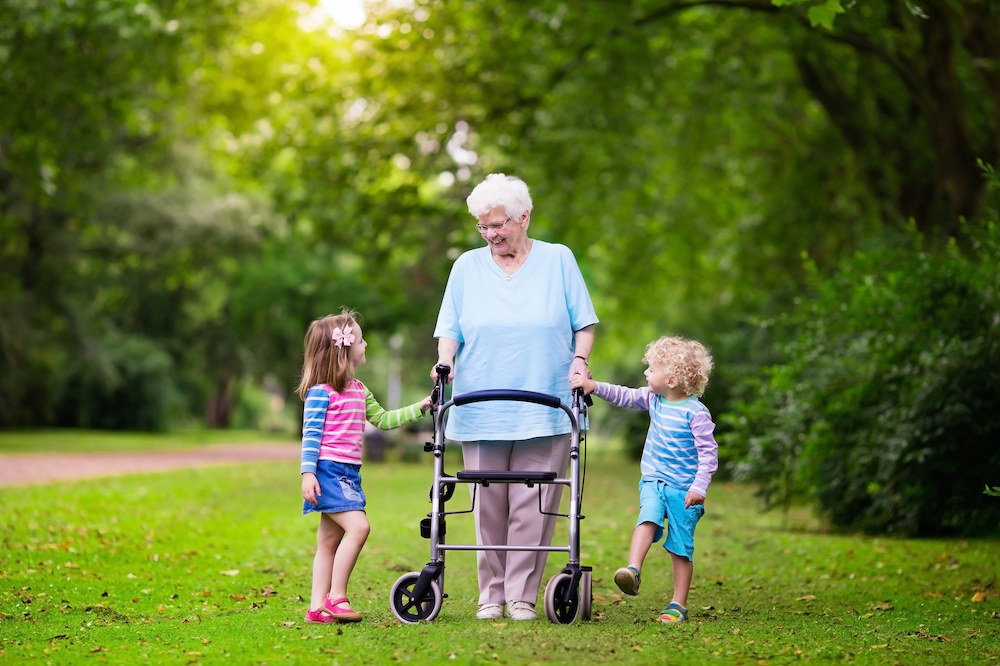Could your future career be intergenerational care?
Published on Tuesday, 10 March 2020
Last updated on Monday, 09 March 2020

New career pathways in intergenerational care practice may be the way of the future according to Griffith University researchers, opening an opportunity for early childhood educators to broaden both their experience and skill sets.
Following on from their ground breaking intergenerational care research, which analysed programs combining aged care and child-care, Professor Anneke Fitzgerald and Dr Katrina Radford from Griffith Business School, said their findings recommended the development of a training qualification for such a career.
Professor Fitzgerald said their research demonstrated the clear benefits to both older and younger people of intergenerational care programs and that development of training and qualifications would work to ensure the sustainability of intergenerational care initiatives.
“Intergenerational care programs offer an effective, alternative model of care in Australia, so this new career pathway may address shortages in both child-care and aged care.
One way to ensure sustainability is to have a well prepared and skilled workforce, so we are furthering our research into developing intergenerational practitioners – a specific career path that underwrites the intergenerational practice models in Australia,” she said.
The researchers have published an evidence-based toolkit for those who want to establish a program connecting younger and older people.
The toolkit includes costing to set up and run an intergenerational program as well as a step-by-step guide on how to plan, deliver and evaluate an intergenerational practice initiative.
“We are also able to share tips on how to conduct the program. We connect three-to-five-year-olds with people over 65 in different modes,’’ Professor Fitzgerald said.
“There is no ‘best’ model, but our evidence showed the program should be 8-10 weeks, 1.5-2 hours per week, with one-on-one interaction between younger person and older person.
“High intergenerational engagement is achieved when doing one-on-one activities, such as reading. There’s less engagement when doing group activities such as dancing or ball games. But we recommend a mix of high, middle and low level of engagement.
“These activities depend a lot on the mobility of older people. We have noticed that all participants greatly enjoy one another’s company, with a lot of laughter and love shared.”
Dr Radford said they also noticed the benefits of older people and younger people learning in a reciprocal way.
“We already know a lot about how younger people learn through pedagogy. However, we don’t know a lot about how older people learn and there is no real established eldergogy as yet.
“Our intergenerational practice research is ideal to start developing a theory that supports older people (re)learning.”
Dr Radford said it was important to understand brain development and brain function decline and how it is influenced by mixing generations.
“We believe bringing together younger and older people has great benefits for both. For younger people, in addition to tapping into the wisdom of older people, they are less likely to become delinquent during teenage years.
For older people, the benefits of mixing with young children include reduced social isolation, the potential to delay cognitive decline associated with physical decline and overall increases in activity and happiness.
Related Articles

Successfully using grandparents for child care
Tips and tricks for using grandparents in your child care arrangements, including payment, checking in, rules and guidelines and more.

Worldwide boom in intergenerational care programs
Intergenerational care can fill social gaps for both the young and the elderly, offering children an opportunity to learn while supporting older people in feeling energised and less socially isolated.
